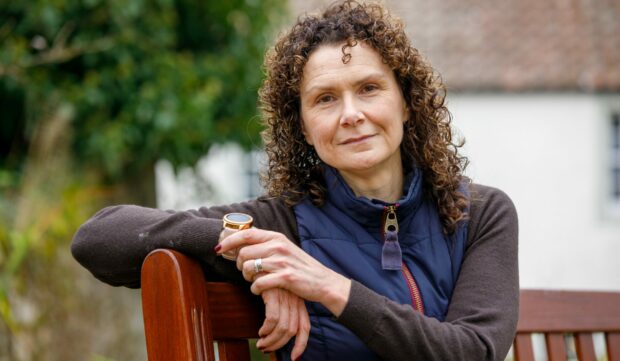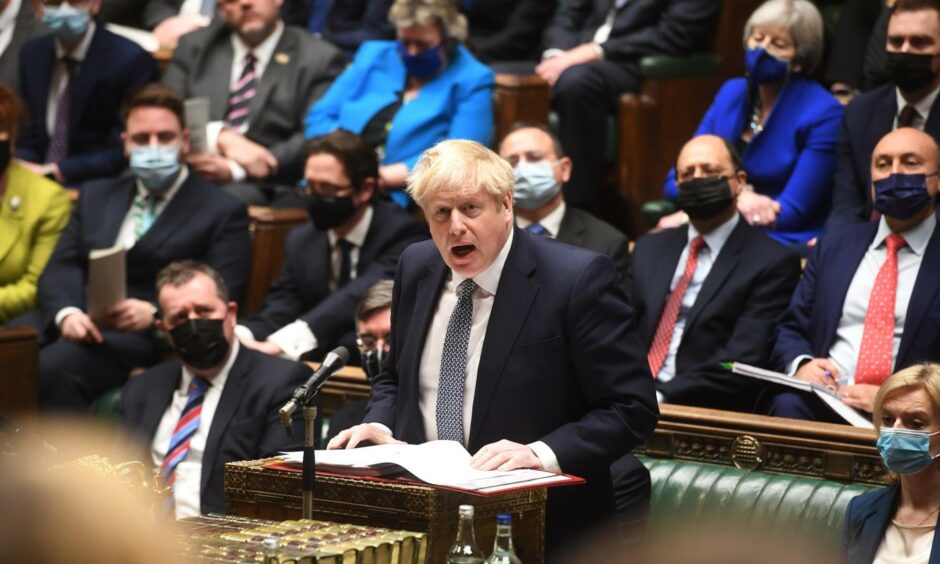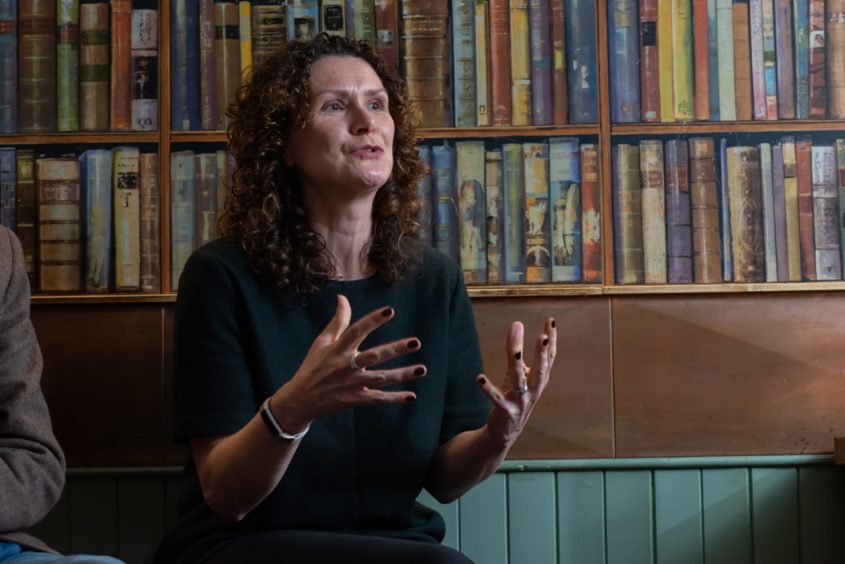As MPs hear calls for devolved countries to get better representation in UK public bodies, North East Fife MP Wendy Chamberlain says the Tory Government should put Scotland at the heart of decisions:
The people and businesses of Scotland deserve to be represented, and represented properly, at all places where decisions are made that affect them.
These decisions should be made at the place which will lead to the best policy outcomes.
Even Nicola Sturgeon and her party might agree with this statement – at least the first part. But her response to the problem – another referendum and leaving the United Kingdom – doesn’t actually achieve anything for anyone.
Labour on the other hand are, as ever, too busy with infighting between their leader and their Scottish leader to achieve meaningful change.
And the Conservatives state their unequivocal support for the Union, but their actions – the Internal Market Act is the worst but not the only example – undermine the devolution settlement at every turn.
Meanwhile, the prime minister, the self-styled minister for the Union, has caused untold damage to public trust through his constant disregard for the rules.
I and the Liberal Democrats are clear. We support the United Kingdom.
Scotland is not a branch of England to be forgotten, overcome, or treated as an afterthought.
Putting up borders does nothing but create a less liberal, less tolerant society with less diversity of views and experience.
It reduces our political ability to improve people’s lives and address the huge issues of the day, whilst diminishing the UK as a global power.
But Scotland is not a branch of England to be forgotten, overcome, or treated as an afterthought. We, and all of the devolved nations, must have a say.
One of the ways that the devolved nations can be overlooked is when it comes to public bodies and those that govern them. This may sound far away from most people’s lives, but they matter.
Universities in Scotland, with some of the best education and research in the world and employing thousands of people, receive funding through the body UK Research and Innovation.
But we have our own education system in Scotland – a fact conveniently forgotten by the UK Government when the law was first brought forward to make this body.
Outcry
Only after significant outcry was it made a requirement that someone with knowledge of the devolved nations would be on their board.
Without this, policies would have been set up which may well have ignored Scottish universities: different degree styles, annual calendars, and regulations. That funding could easily have been lost.
Brexit means a lot more public bodies are likely to be set up. The Professional Qualifications Bill is currently passing through parliament to allow for people such as teachers and doctors with non UK qualifications to be recognised throughout the UK.

When it becomes law, it will require the Minister to create an “assistance centre” to provide advice and help.
We know that there are different requirements to be a lawyer or a teacher in Scotland than in England or Wales, so it is vital that those governing this centre have a full understanding of regulations in all of the nations if it is to work across the UK.
But so far there is no requirement in the law for this to happen.
‘We are nations on one island’
I have a Bill being put before Parliament this week that would change this.
It would put a requirement on the Government to always consider the need to represent the devolved nations when appointing members to the boards of public bodies.
It is a small and technical change, but would guarantee that our voices are heard, and our systems are respected.
We can agree with SNP about the need for systems which properly represent Scotland but disagree on what needs to be done.
We are nations on one island who will always need to work together in our nations’ best interests.
I hope that the Government will recognise this as a meaningful way forward to make policies work the people and businesses and Scotland. There is a lot of work to do to fix the damage they have caused, but this is where we start



